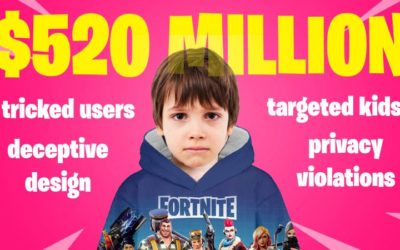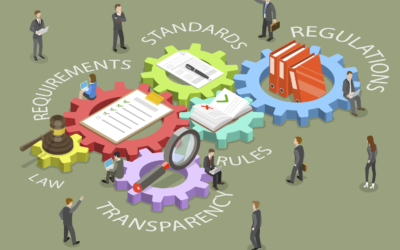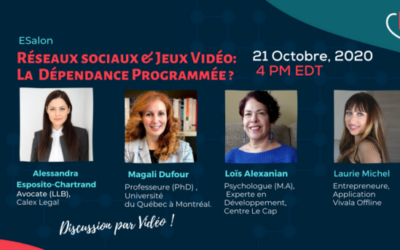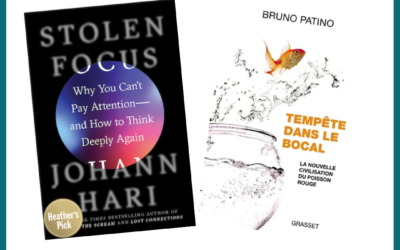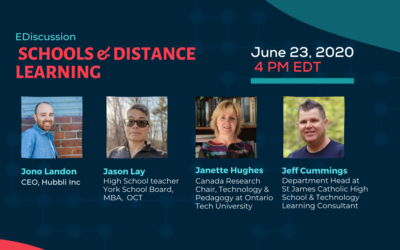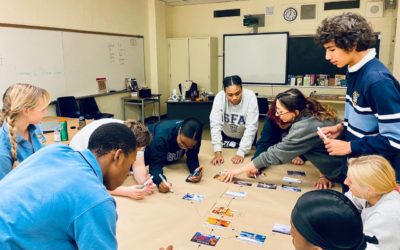Digital Citizenship / Digital Literacy Education for grades K to 12
As parents were caught off guard by the rise of online media, teaching young people of all ages in school to be safe and private when they’re online is crucial, not only for healthy social interactions, but also for their mental well-being and their safety. This is a necesary move to expand on what is called digital literacy education in Canadian schools. “Dig Lit” focuses heavily on “media literacy”, distinguishing real from fake news.
Common Sense Media, a San Francisco-based non profit, has developped a rich Digital Citizenship ( “ DigCit”) curriculum with Harvard that addresses one’s ereputation in both its good and bad aspects, with interactive, multimedia-rich lessons. Its a great resource for Canadian and US schools as part of job readiness, social studies, health and well-being or technology classes.
List of 50 mn expanded digital literacy lessons linked to privacy & security for all grades.
Kindergarden Digital Citizenship & Literacy Lessons
Media Balance Is Important
How do we find a happy balance between our online and offline activities?

Safety in My Online Neighborhood
How do you go places safely online?
1st Grade Digital Citizenship & Literacy Lessons
Pause & Think Online
How can we be safe, responsible, and respectful online?

Internet Traffic Light
How do you stay safe when visiting a website or app?
2nd Grade Digital Citizenship & Literacy Lesson:
We the Digital Citizens
How can we be good digital citizens?

That’s Private!
What kinds of information should I keep to myself when I use the internet?
3rd Grade Digital Citizenship & Literacy Lesson:
Password Power-Up
How can a strong password help protect your privacy?
4th Grade Digital Citizenship & Literacy Lesson:
Private and Personal Information
What information about you is OK to share online?
5th Grade Digital Citizenship & Literacy Lesson:
You Won’t Believe This!
What is clickbait and how can you avoid it?
6th Grade Digital Citizenship & Literacy Lesson:
Don’t Feed the Phish
How can you protect yourself from phishing?
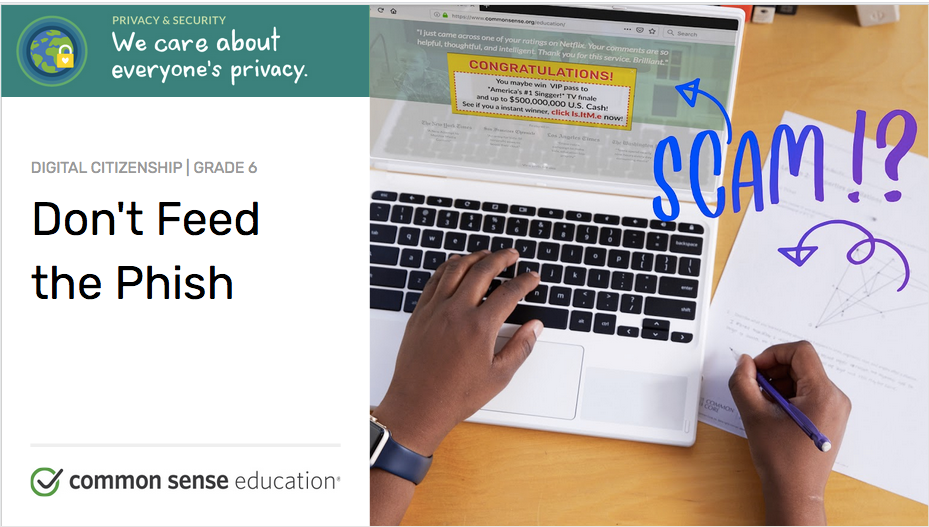
7th Grade Digital Citizenship & Literacy Lesson:
Big, Big Data
How do companies collect and use data about you?
8th Grade Digital Citizenship & Literacy Lesson:
Being Aware of What You Share
How can you protect your privacy when you’re online?
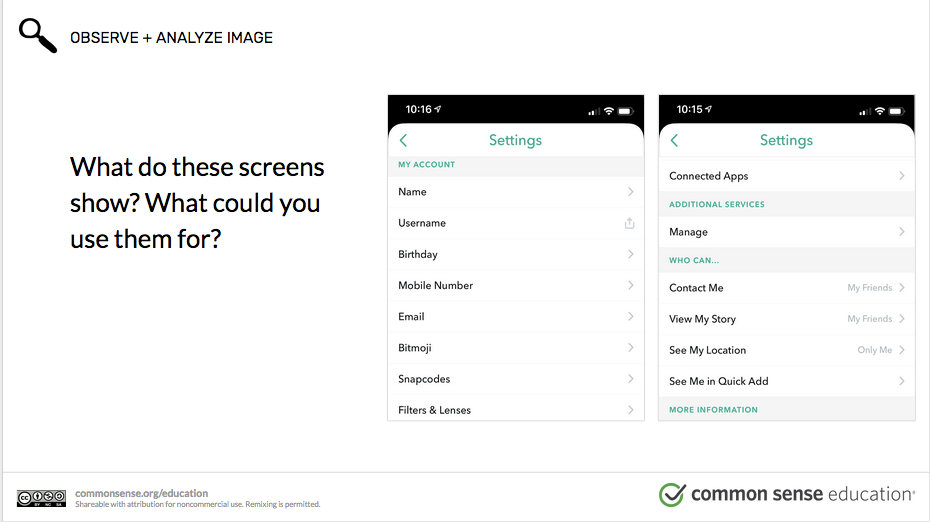
9th Grade Digital Citizenship & Literacy Lesson:
The Big Data Dilemma
What are the benefits and drawbacks of online tracking?
10th Grade Digital Citizenship & Literacy Lesson:
Risk Check for New Tech
What privacy risks do new technologies present, and how do we decide if they’re worth it?
11th Grade Digital Citizenship & Literacy Lesson:
How Young Is Too Young for Social Media?
At what age should people be allowed to use social media?
12th Grade Digital Citizenship & Literacy Lesson:
Debating the Privacy Line
Should the government have access to all your social media and cellphone data?
> The Common Sense Curriculum on Privacy and Security from grades K to 12 .
Get in touch if you’d like to discuss holding parent & teacher awareness programs and in class sessions for students in Canada and the US.

